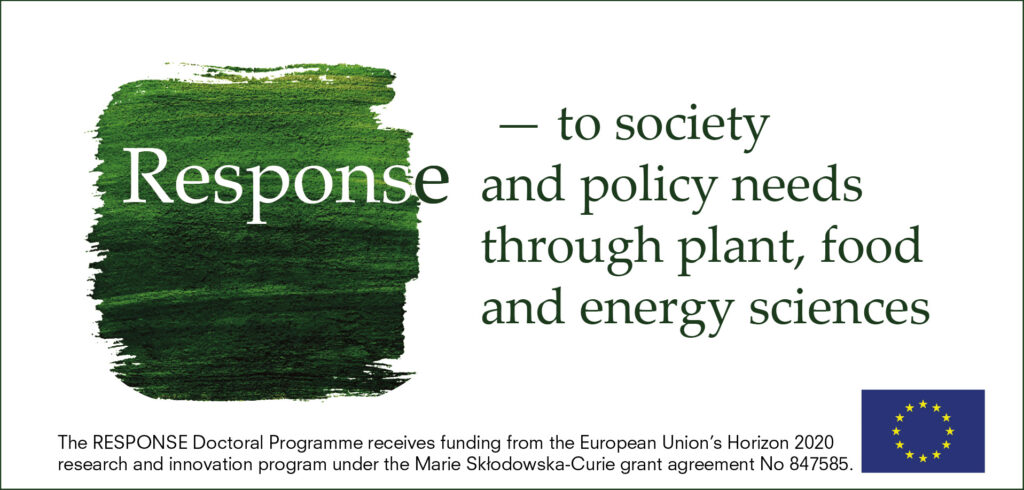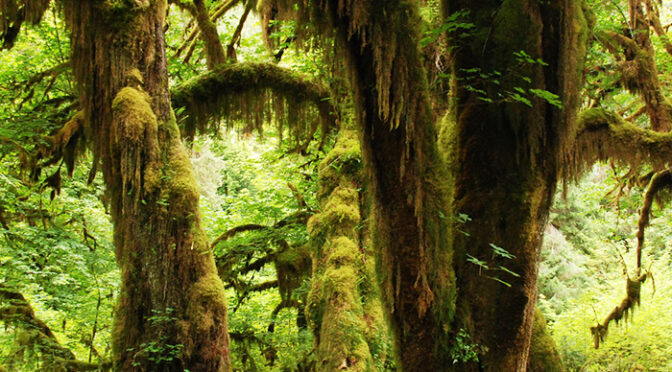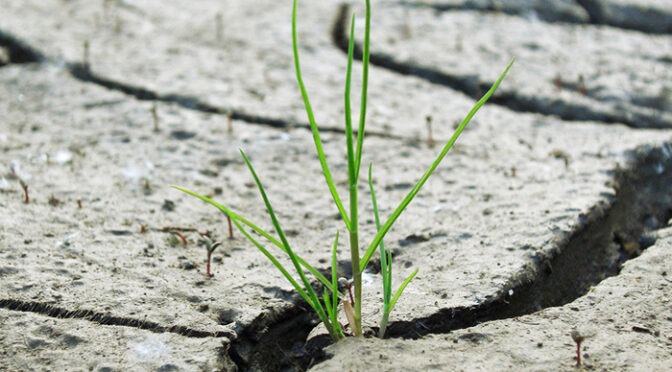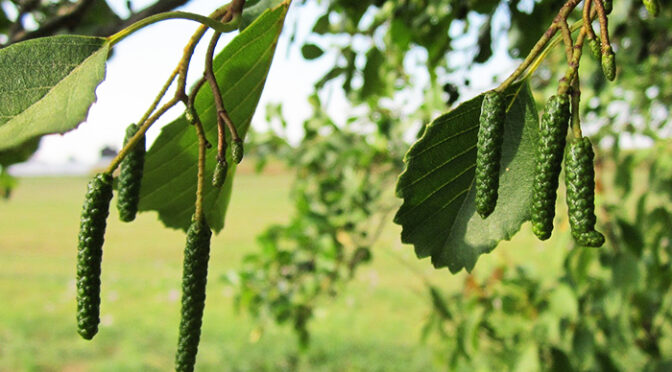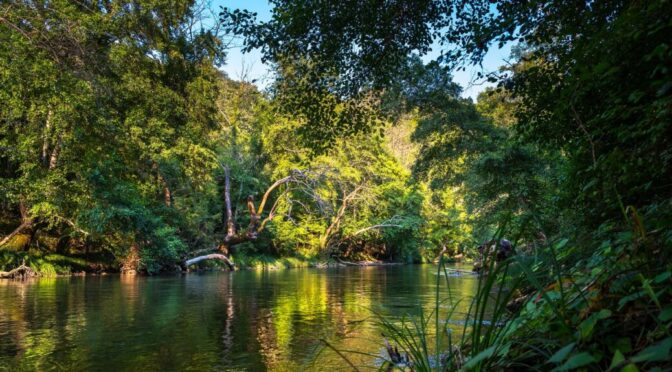Using Urban Design for a Better Green Infrastructure in Zurich
By Kevin Vega
What evidence was useful for policymaking?
Understanding the effects of urban design on plant species composition in cities is essential to maintaining biodiversity overall, promoting urban resilience in the face of climate change, and improving life quality for a city’s residents. Functional ecosystems can benefit pollinators, reduce urban flooding, and improve air quality –all while looking aesthetically pleasing.
Continue reading Maintaining Plant Biodiversity in Cities

